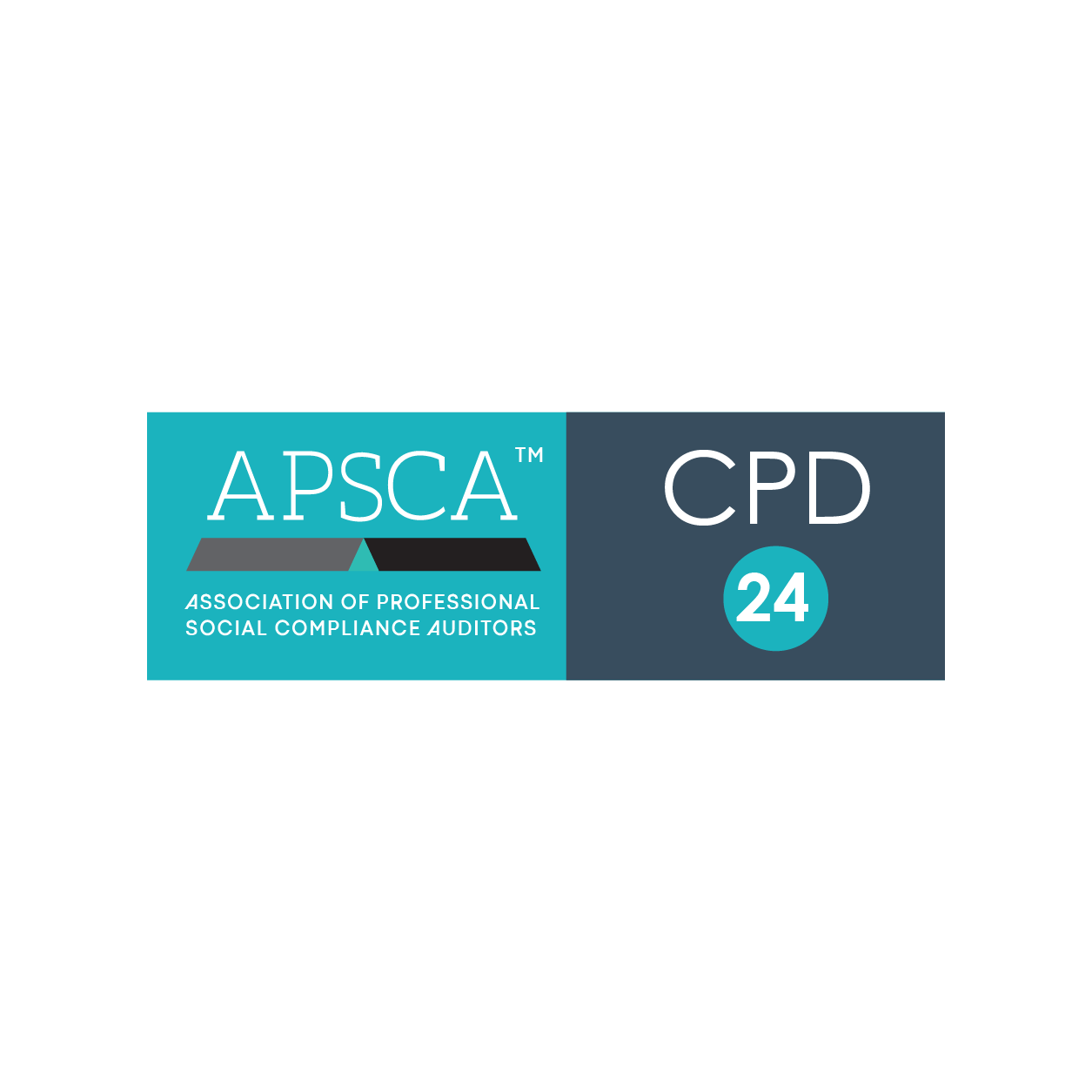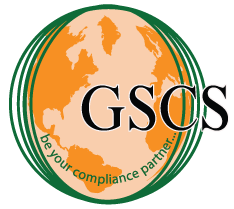
Become a Certified Social Auditor with SEAP Training at GSCS
Introduction
If you’re part of any business today, you know social responsibility and ethical compliance are no longer a trend but an essential factor for business sustainability. Globalization has raised the demand for full compliance with ethics across all business activities, protecting employees and ensuring their well-being. That is the reason why social and ethical auditing has gained prominence. For those interested in upholding workplace ethics and social responsibility, GSCS International provides a great opportunity with its Social & Ethical Auditing Principles (SEAP) Training.
What is SEAP Training?
“SEAP” means Social and Ethical Auditing Principles. It is a training program recognized by APSCA that aims to provide participants with the appropriate ability and knowledge to conduct social and ethical audits. SEAP examines how businesses are expected to respect employees and maintain ethics in all business operations.
GSCS International, a world-renowned institute for training and certification, offers SEAP training for those who want to develop a career in social compliance and ethical auditing. The contents of the course are designed based on actual auditing work and world ethical practices, ensuring that you are trained in the best current practices.
Why Social & Ethical Auditing Matters
Social and ethical audits help identify risks and improve workplace practices such as labor rights, health and safety, fair wages, discrimination, and working hours. Brands and retailers worldwide rely on third-party auditors to validate that their suppliers and manufacturing partners uphold these standards.
Becoming a certified social auditor enables you to:
- Evaluate labor practices within organizations
- Promote ethical business operations
- Ensure compliance with global social standards
- Support continuous improvement in working conditions
By taking the SEAP training, you are enhancing your professional credentials and contributing to a more responsible and sustainable global supply chain.
Essential Aspects of SEAP Training Provided by GSCS
Recognition by APSCA
- Ascription of the training to APSCA gives great value to your qualification.
Training Provided by an Industry Expert
- Qualified professionals with profound industry experience and auditing knowledge conduct training sessions.
Well Designed Learning Modules
- Includes International social auditing standards, auditing methods, sc ethics, and business ethics, along with competencies for an auditor.
Covering Real World Solutions
- These real-world case studies assist in conveying the fundamental concepts of audit principles to the learners.
Active Participation in the Learning Session
- Participants are engaged in discussions, role plays, and mock audits and receive feedback from the trainers.
Who Should Attend?
This training is suitable for:
- Aspiring social auditors
- HR and compliance professionals
- CSR (Corporate Social Responsibility) officers
- Supply chain managers
- NGO staff involved in labor rights and social accountability
- Anyone seeking a career in ethical auditing or social compliance
No prior auditing experience is necessary, although a basic understanding of labor laws and ethical standards is beneficial.
What You Will Learn
The SEAP training covers a wide range of topics essential for a career in ethical auditing. Key areas include:
- Principles and objectives of social audits
- APSCA Code of Conduct
- Labor standards and ethical workplace practices
- Audit planning, execution, and reporting
- Health and safety assessments
- Risk management and root cause analysis
- Interviewing techniques and worker communication
- Evidence gathering and data verification
- Developing corrective action plans (CAPs).
Certification and Career Benefits
Upon completing the SEAP training, participants receive a certificate that validates their understanding and capability to perform social audits.
Benefits include:
- Recognition as a certified social auditor
- Enhanced job opportunities with global brands and auditing firms
- Eligibility for APSCA auditor registration pathway
- A strong foundation for progressing toward Lead Auditor roles
Why Choose SEAP Training at GSCS?
Global Supply Chain Solutions (GSCS) is a leading compliance training and certification program provider. Their SEAP training is designed to equip professionals with the skills to conduct thorough and effective social compliance audits.
Key Features of GSCS’s SEAP Training
1. Comprehensive Curriculum
The training covers:
- International Labor Standards (ILO, UN Guiding Principles)
- Audit Methodologies (Planning, Execution, Reporting)
- Corrective Action Planning (Addressing Non-Compliance)
- Risk Assessment & Due Diligence
- Industry-Specific Compliance Requirements (Apparel, Electronics, Agriculture, etc.)
2. Expert-Led Training
- Learn from industry veterans with years of experience in social compliance auditing.
3. Hands-On Practical Exercises
- Gain real-world experience through case studies, mock audits, and interactive workshops.
4. Globally Recognized Certification
- SEAP certification enhances your credibility and employability worldwide.
5. Flexible Learning Options
- Choose between online or in-person training to fit your schedule.
Conclusion
As ethical business practices become a global priority, the demand for competent social auditors continues to rise. GSCS International’s SEAP training provides an excellent foundation for building your career in this rewarding field. Whether you’re a fresh graduate or an industry professional looking to diversify your skill set, this training empowers you to make a meaningful impact.
Enroll in SEAP Training at GSCS International today and become a catalyst for positive change in workplaces worldwide.
FAQ:
Ethical auditing principles include integrity, objectivity, confidentiality, professional behavior, and due care during the audit process.
A social audit evaluates how an organization upholds ethical and social responsibilities, focusing on labor conditions, human rights, and fair practices.
The main steps include planning, data collection, stakeholder consultation, performance assessment, reporting, and continuous improvement.
GSCS International offers online SEAP training programs recognized by APSCA and suitable for professionals globally.
The five steps are defining scope, stakeholder engagement, data collection, analysis and evaluation, and reporting & action planning.
The SA8000 Basic Auditor Training course educates professionals on social accountability standards and prepares them to conduct SA8000 audits effectively.
